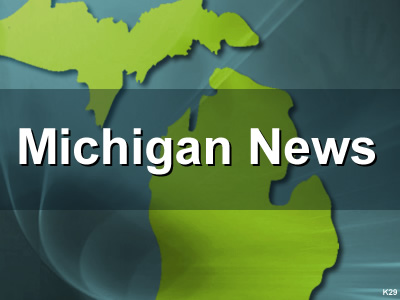Cannabis advocates are suing the State of Michigan to remove marijuana from the state’s list of controlled substances in its Public Health Code.
Although the passing of the adult-use marijuana law in Michigan in 2018, medical marijuana laws and the addition of bureaucracy and state taxes on marijuana sales, the state’s Public Health Code still treats marijuana like heroin.
“For 80 years they’ve been locking people up and taking their possessions and harassing and terrorizing us as citizens because we like to smoke weed,” said poet and activist John Sinclair
“I want to be part of every effort to completely remove the police from our lives regarding to marijuana. They’ve got nothing at all to do with marijuana.”
Sinclair is one of several plaintiffs on the lawsuit against the Michigan Board of Pharmacy and its chairwoman Nichole Cover, filed last week in the Michigan Court of Claims.
Contact Komorn Law… 800-656-3557.
Other plaintiffs include the Michigan Medical Marijuana Association, Dr. Christian Bogner, who researches the effects of cannabis to treat autism; Josey Scoggin, whose daughter is a medical marijuana patient; Paul Littler, a pharmacist; NORML of Michigan.
The “absurdity” of the legal conflict between the Medical Marihuana Facilities Licensing Act and the Public Health Code has to be addressed, said Michael Komorn, one of the attorneys behind the case.
“It’s intellectually dishonest,” Komorn said.
For the past year, state officials have allowed caregivers to grow marijuana at home and bring it to provisioning centers to sell to patients — a practice that continues as there’s a shortage of licensed marijuana in the market.
“This is not a controlled substance,” Komorn said. “The idea that someone would be growing an opioid … and bringing it to a pharmacy because they were running low on their meds is the scenario that would have to exist in order for marijuana to remain as a scheduled drug.”
“Michigan’s Public Health Code was adopted in 1978, and mirrored much of the national rhetoric towards drugs”, Komorn said.
John Sinclair has a long history of advocacy in Michigan; his 1967 arrest over two joints sparked the first Hash Bash in Ann Arbor.
The Michigan Supreme Court in 1972 noted in the opinion that overturned Sinclair’s conviction that…
“not only that there is no rational basis for classifying marijuana with the ‘hard narcotics’, but, also, that there is not even a rational basis for treating marijuana as a more dangerous drug than alcohol.”










